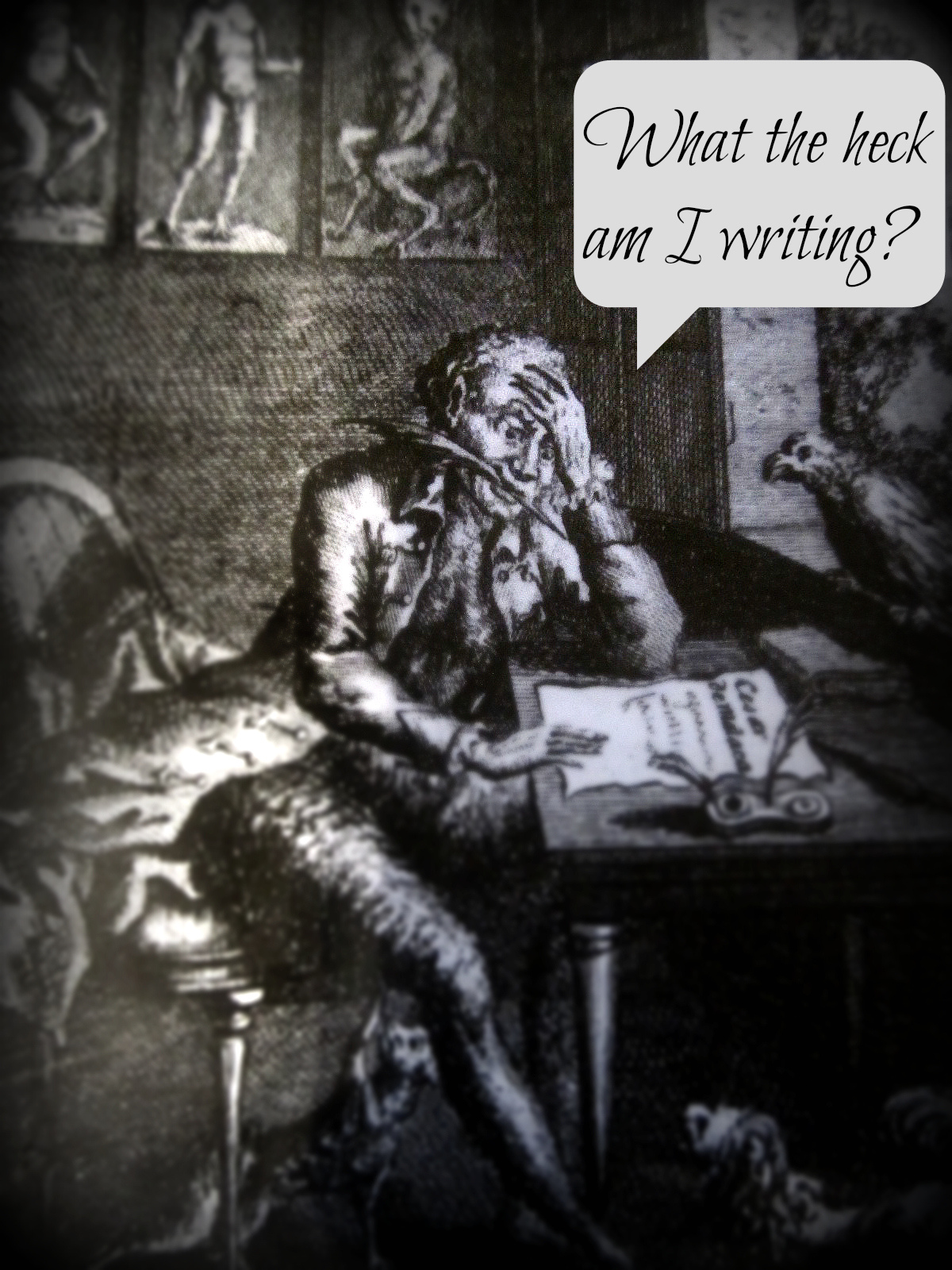
So you want to improve your creative writing?
Here are just a few quick and easy tips to improve writing skills:
1. Write Every Day
The trick is to write every day. If you want to improve writing skills, it’s going to take practice.
Many writers prefer a certain time of the day, while some take up a more enigmatic approach to creative tasks. Do you prefer the morning or evening? Personally, I’m a night owl with a more enigmatic approach.
The morning is a favorite of many great writers:
When I am working on a book or a story I write every morning as soon after first light as possible. There is no one to disturb you and it is cool or cold and you come to your work and warm as you write… You write until you come to a place where you still have your juice and know what will happen next and you stop and try to live through until the next day when you hit it again. You have started at six in the morning, say, and may go on until noon or be through before that. When you stop you are as empty, and at the same time never empty but filling, as when you have made love to someone you love.
Nothing can hurt you, nothing can happen, nothing means anything until the next day when you do it again. It is the wait until the next day that is hard to get through.
-Ernest Hemingway
2. Read like a Writer
Nothing fuels writing more than a good book. In fact, a good book may just be the very thing that inspires you to write your own book.

Here are some questions to consider:
- Why do you like or dislike the content or story?
- What is impressive about the writing style or technique?
- How does the exposition, rising action, climax and resolution construct a plot?
- Is the content organized and structured in parts from introduction to conclusion?
- How is the dialogue and description used to develop characters?
- What is the thesis, main point, theme or argument?
Great writers write with great attention and intention.
3. Develop Your Voice
The only way to develop your own writing voice is with practice.
If you plan to write fiction, that’s what you should practice. Fiction writers must decide the “POV” or Point of View they would like to use—first person (I/we), third person (he/she/it).

If you plan to write with purpose, you should understand that there are scientific approaches and argumentative techniques to present two opposing ideas. Writing require a thesis—a hypothesis that outlines the thing in which they set out to prove. If you want to prove a point, you also need to present and refute alternative points of view.
The strength in your voice as a writer all depends on the confidence with which you present your facts. Practice writing, read the styles considered “great”, and research ideas to develop your writing voice.
4. Start a Blog or Journal
It’s important to remember that writing should always be satisfying.

If it feels like work, take on a more casual approach. Start a blog (something you are passionate about), or write in a daily journal to keep a record of reflections. Creative inspiration comes and goes, so it’s important to have a handy outlet to record your best thoughts throughout the day.
Sometimes the best writing is built on a whim of words—one sentence may be all it takes to get the wheels turning.
5. Get Inspired
What is it that inspires you to write? Most great writers speak of a Star. Find your star, and hold onto it tight.
A writer like me must have an utter confidence, and utter faith in his star. It’s an almost mystical feeling, a feeling of nothing-can-happen-to-me, nothing-can-harm-me, nothing-can-touch-me. Thomas Wolfe has it. Ernest Hemingway has it. I once had it. But through a series of blows, many of them my own fault, something happened to that sense of immunity and I lost my grip.
–F. Scott Fitzgerald
6. Organize Your Thoughts
Sometimes lack of organization can hold you back.

Writing requires a systematic approach to relaying thoughts and ideas. Start with an outline, and work using a rough list of chapters, paragraphs or plot points using the Snowflake Method—then just fill in the blanks.
7. Imperfection is Your Friend
Remember there is always room for improvement. Do you wonder why you hesitate to write? Some hesitate to start or keep writing for fear they will mess the whole thing up. But the battle between writer and inner critic is futile.
The perfectionist impedes the flow of creativity.
Leave the inner critic out of it anytime you decide to sit down and write. Instead, enjoy frolicking in a land of no rules and guidelines in the heat of writing, until you have gathered your words and had years to develop your trade as a writer. You can fix what you “messed up” later.
Behold–the power of the first draft.
Go back in time as “editor”, “critic” and “scholar” to make adjustments and corrections to content after all creative writing tasks have been completed. In time, you will learn where your strengths and weaknesses lie.
Did you use any of these tips to improve writing skills?
⚕Home⚕
cc: Cali4Beach, Stefano Corso, Operation Janet, Heidi Blanton, Nic McFee, José Manuel Ríos Valiente







1 Comment
This is an important advice when it comes to writing fiction, but many authors seem to fail in following it. To produce good fiction stories, you need to write based on what you know. Read my blog about How to Improve Your Fiction Writing Skills?
Hope this will help.
Thanks,
Collete Jackson Fink